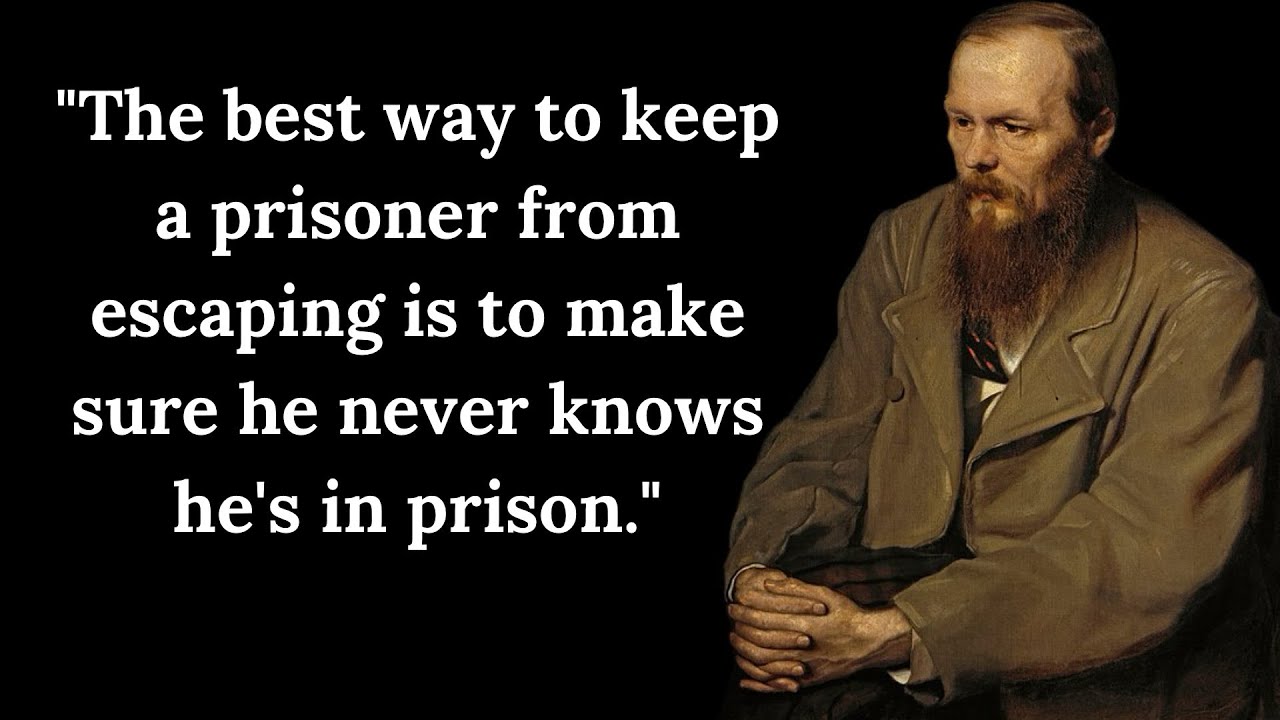The video examines Fyodor Dostoevsky’s philosophy, highlighting how he views suffering as essential to understanding the human condition and fostering personal transformation. Through his characters and narratives, he emphasizes the importance of confronting pain and moral complexities, suggesting that true love and freedom emerge from embracing and overcoming suffering.
The video explores the profound philosophy of Fyodor Dostoevsky, emphasizing that suffering is central to the human experience. Dostoevsky viewed suffering not merely as an inevitable part of life but as essential for understanding the human condition. He believed that through suffering, individuals confront truths about themselves that they might otherwise avoid, leading to a deeper sense of meaning. His own life, marked by significant suffering—including a near-execution and subsequent exile—shaped his understanding of the human spirit and the transformative potential of despair.
Dostoevsky’s characters often grapple with the complexities of morality and the nature of evil. In “Crime and Punishment,” the protagonist Raskolnikov commits murder but is portrayed with depth, revealing his internal struggles and justifications. This nuanced portrayal challenges readers to empathize with flawed characters rather than simply condemn them. Dostoevsky’s work encourages a shift from judgment to understanding, highlighting that the line between good and evil runs through every human heart.
While Dostoevsky acknowledged the brutal reality of suffering, he also believed in its potential for transformation. He argued that true love requires sacrifice and vulnerability, often demanding that individuals confront their own imperfections and those of others. In “The Brothers Karamazov,” he emphasizes that love is found in actions rather than mere feelings, suggesting that genuine relationships are tested through suffering, which ultimately leads to deeper connections and understanding.
The video also delves into Dostoevsky’s exploration of freedom, suggesting that true liberation comes from confronting the psychological and societal constraints that bind individuals. His characters often face the paradox of seeking freedom through rebellion, only to find themselves trapped in bitterness and self-loathing. Dostoevsky posits that recognizing and understanding these self-imposed prisons is essential for transcending them, though this process is fraught with challenges.
Ultimately, Dostoevsky’s philosophy is one of radical honesty and resilience. He encourages individuals to confront their suffering and the truths they would rather avoid, suggesting that pain can be a teacher that leads to growth and transformation. His belief in the possibility of redemption through suffering underscores a message of hope, asserting that embracing our struggles can reveal deeper meaning and freedom in life.
